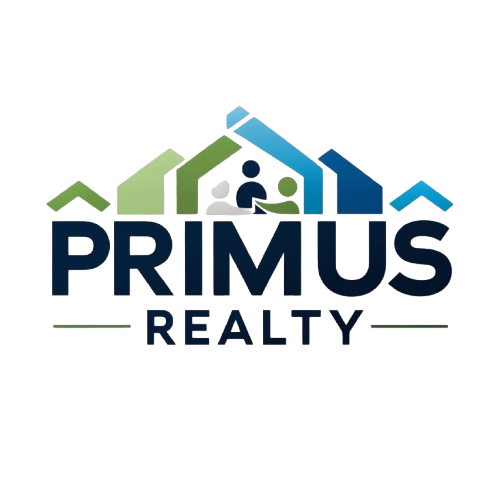5 Tools Everyone in the Real Estate Industry Should Be Using
The real estate industry is evolving rapidly, driven by technology and the increasing need for efficiency and innovation. To stay competitive, real estate professionals must leverage the right tools that enhance productivity, streamline processes, and improve client experiences. Here are five essential tools that everyone in the real estate industry should be using.
1. Customer Relationship Management (CRM) Software
A robust CRM system is crucial for managing client relationships and keeping track of leads, transactions, and communication history. Tools like HubSpot, Salesforce, or Zoho CRM help real estate professionals organize their contacts, schedule follow-ups, and automate marketing efforts. With a CRM, you can improve client engagement, personalize communications, and ultimately boost sales conversions.
2. Multiple Listing Service (MLS)
An MLS is a comprehensive database that real estate agents use to access property listings and share information with other agents. Being a part of an MLS allows agents to gain valuable insights into market trends, pricing, and inventory levels. Tools like Realtor.com or Zillow provide access to MLS data, helping agents to effectively price homes and find suitable properties for their clients.
3. Real Estate Market Analysis Tools
Understanding market trends is vital for making informed decisions in real estate. Tools like Reonomy, PropStream, or CoreLogic enable agents and investors to analyze property data, assess investment opportunities, and identify market trends. These tools can provide critical insights into property valuations, neighborhood statistics, and demographic data, empowering you to make strategic decisions.
4. Virtual Tour and Presentation Software
With the rise of digital marketing, showcasing properties through virtual tours has become increasingly important. Tools like Matterport, Zillow 3D Home, or TourWizard allow real estate professionals to create immersive virtual tours that engage potential buyers. By offering a virtual walkthrough of properties, you can attract more interest and provide a better experience for remote clients.
5. Social Media Management Tools
Social media is a powerful platform for marketing properties and engaging with clients. Tools like Hootsuite, Buffer, or Sprout Social help real estate professionals manage their social media presence, schedule posts, and analyze performance metrics. By utilizing these tools, you can streamline your social media marketing efforts, increase your online visibility, and connect with your audience effectively.
Conclusion
In the fast-paced real estate industry, utilizing the right tools can make all the difference in enhancing productivity and improving client satisfaction. From CRM systems to virtual tour software, the tools listed above can help you stay competitive and effectively navigate the ever-evolving landscape of real estate. By embracing these technologies, you can streamline your processes, make informed decisions, and ultimately drive your success in the industry.




